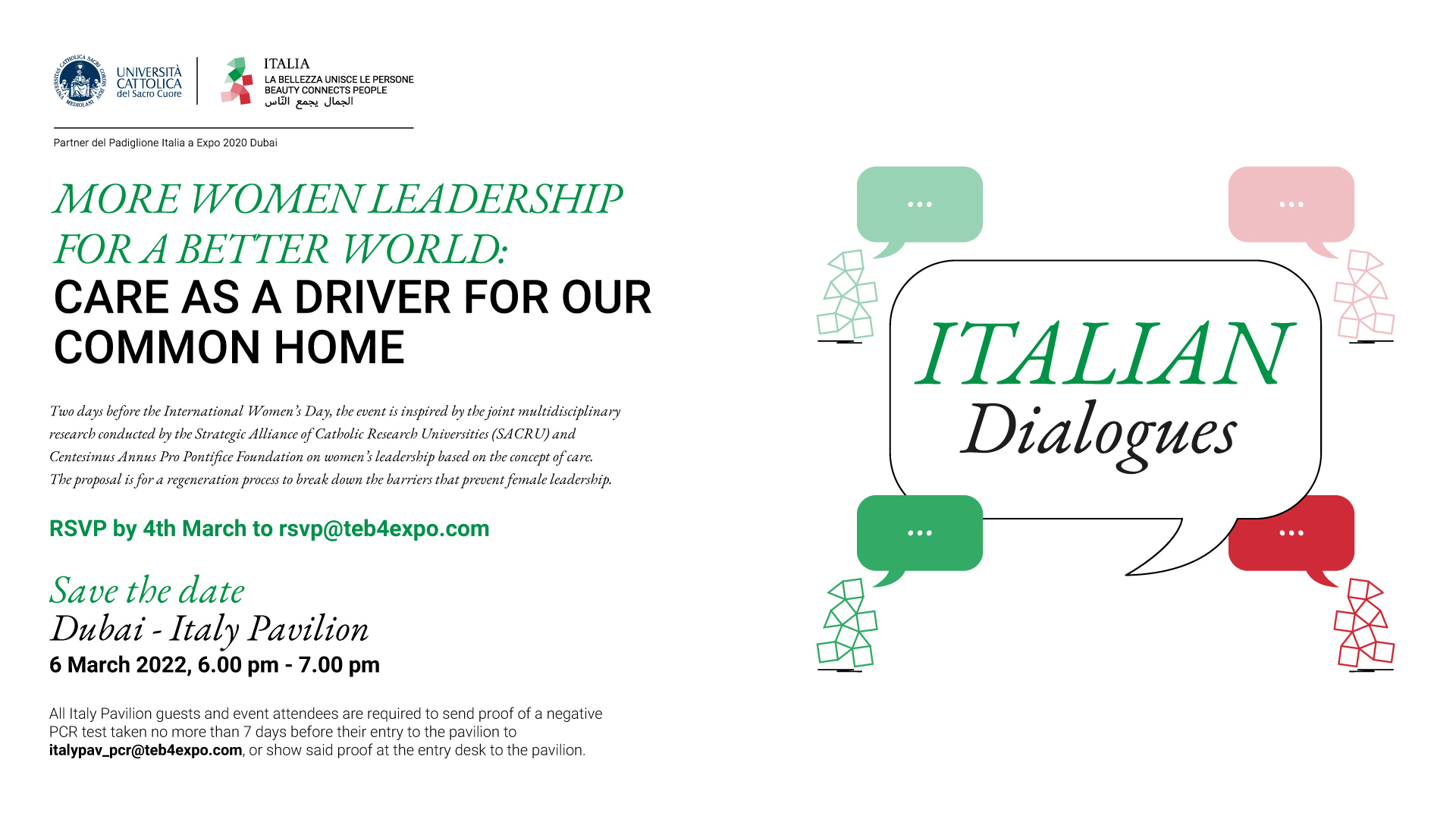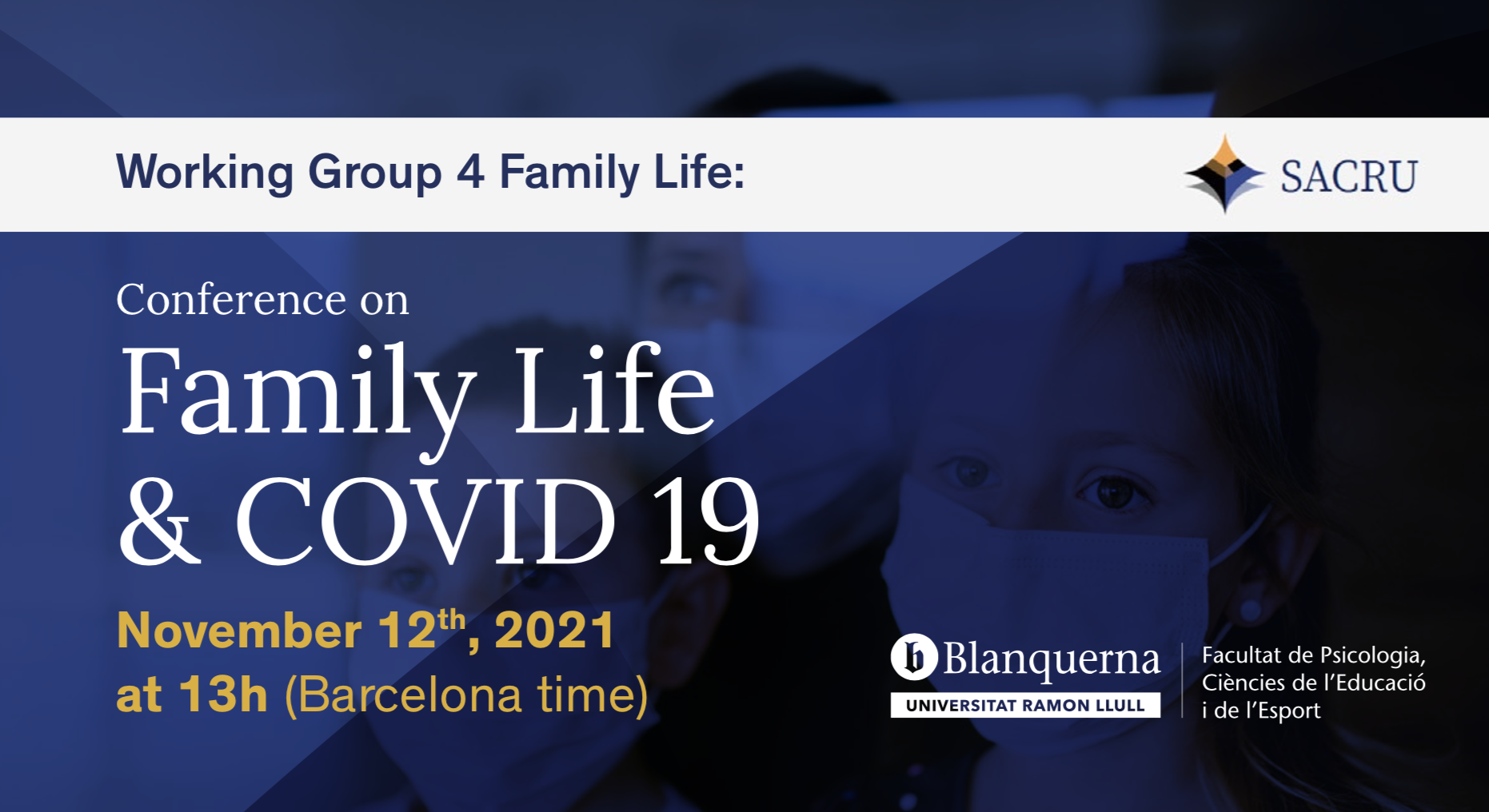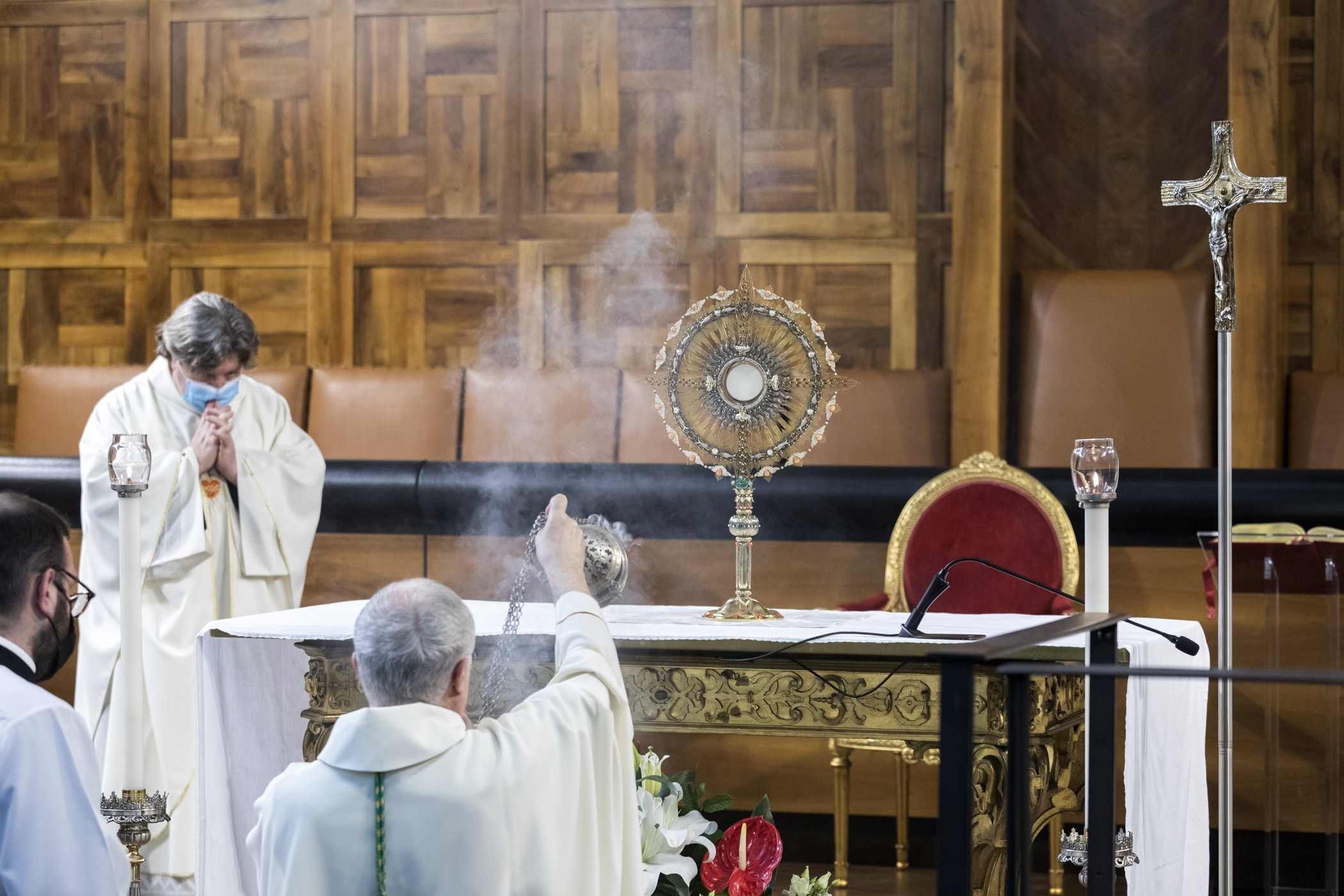WG8: Personal and Social Impact of Formative Proposals Related to Faith and Spirituality in Higher Education

How do faith and spirituality influence university life? Are these dimensions sufficiently considered to allow an entire area of knowledge to emerge? Are they relevant only to Catholic, Christian, or other faith-based universities, or to all institutions of higher education? And ultimately, is this line of research of interest to society as a whole? These questions call for a structured and multidisciplinary inquiry, grounded in research and collective reflection. Working Group 8 (WG8) was established to address these questions in depth, through an international and collaborative academic approach. The Group aims to explore the role of faith and spirituality in university environments, focusing on key areas such as:
- Campus life and atmosphere
- Students’ sense of meaning in their studies
- Teaching and administrative staff’s sense of purpose
- The social impact of integrating spirituality into academic contexts
- The contribution of spiritual and religious dimensions to professional development
WG8 promotes systematic analysis, evidence-based discussion, and interdisciplinary dialogue. Its objective is to evaluate current practices, identify opportunities for innovation, and propose frameworks that allow for a meaningful integration of faith and spirituality in higher education.
A key source of inspiration for WG8 was the international conference “Towards a Polyhedric Vision: Pastoral Care in Catholic Universities”, held in Vatican City in November 2023. The event provided a space for chaplains, academic leaders, and pastoral professionals to reflect on the relevance of spirituality in education. In his address, Pope Francis underlined the importance of appreciating differences, accompanying with care, and acting with courage—principles that inform the direction of WG8’s work. The insights produced by this Working Group will contribute to a broader academic and societal conversation on how spiritual and religious dimensions can enrich university life, not only within faith-based institutions but across the entire higher education landscape.

























